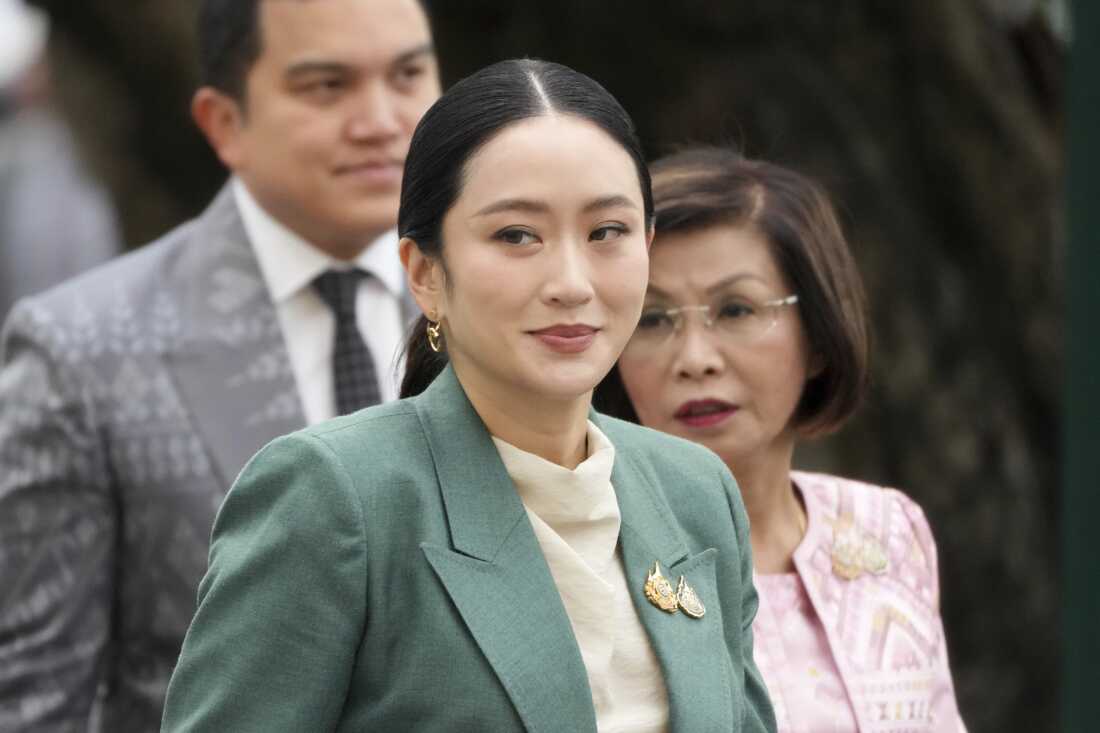WORLD

THAILAND’S PRIME MINISTER SUSPENDED OVER LEAKED CALL AS POLITICAL STORM GROWS
Thailand is facing fresh political turmoil after Prime Minister Paetongtarn Shinawatra was suspended by the country’s Constitutional Court on Tuesday. The decision follows a leaked phone conversation that sparked a heated ethics investigation and sent shockwaves through Bangkok’s power circles.
Paetongtarn, who only took office less than a year ago, is accused of breaching ministerial ethics during a tense diplomatic exchange with Cambodia. In the controversial call, she referred to former Cambodian leader Hun Sen as “uncle” and described a top Thai military commander as her “opponent.” The leaked remarks ignited a political firestorm at home, with critics accusing her of undermining Thailand’s military and cozying up to a foreign power.
“It’s always been my intention to do the best thing for my country,” Paetongtarn told reporters after the court’s decision. “I’d like to apologise to Thai people who are frustrated about this.”
The ethics probe could stretch on for weeks or even months. For now, Deputy Prime Minister Suriya Jungrungreangkit, a member of her Pheu Thai party, is expected to step in to handle day-to-day leadership.
The scandal comes at a sensitive time. Just days ago, around 10,000 people gathered in Bangkok to protest Paetongtarn’s government, while a key conservative party walked out of the ruling coalition. Meanwhile, her popularity has plunged—falling from about 30 percent approval three months ago to just nine percent now, according to a local university poll.
Opposition leaders were quick to seize on the moment. Rangsiman Rome, deputy leader of the People’s Party (successor to Move Forward), said Paetongtarn had “lost her moral authority” and called for fresh elections, insisting, “Dissolving parliament is the solution.”
The Shinawatra family—long a dominant force in Thai politics—is now under even more pressure. On the same day as Paetongtarn’s suspension, her father, former Prime Minister Thaksin Shinawatra, showed up at a Bangkok court to face charges under Thailand’s strict lese majeste laws, which forbid criticism of the monarchy. If convicted over comments he made in a 2015 interview, Thaksin could face up to 15 years in prison.
Thaksin, ousted in a 2006 coup, spent 15 years in self-exile before returning last year. He was quickly sentenced to eight years for earlier corruption charges but was later pardoned by the king. His legal troubles continue to keep his supporters on edge. Outside the courthouse on Tuesday, a small group of loyalists gathered, holding signs and calling for fair treatment.
“I came here because of the injustice he’s faced for so many years,” said 79-year-old Wanlee Iamcharat. “I believe he didn’t do it.”
Political analysts say the troubles of father and daughter are deeply linked, pointing to what they call a “critical dilution” of the Shinawatra brand.
As the ethics investigation into Paetongtarn plays out—and as her father’s high-stakes trial continues—Thailand finds itself once again bracing for an uncertain political chapter. Whether the outcome will restore stability or trigger new elections remains to be seen
"This represents a significant development in our ongoing coverage of current events."— Editorial Board









